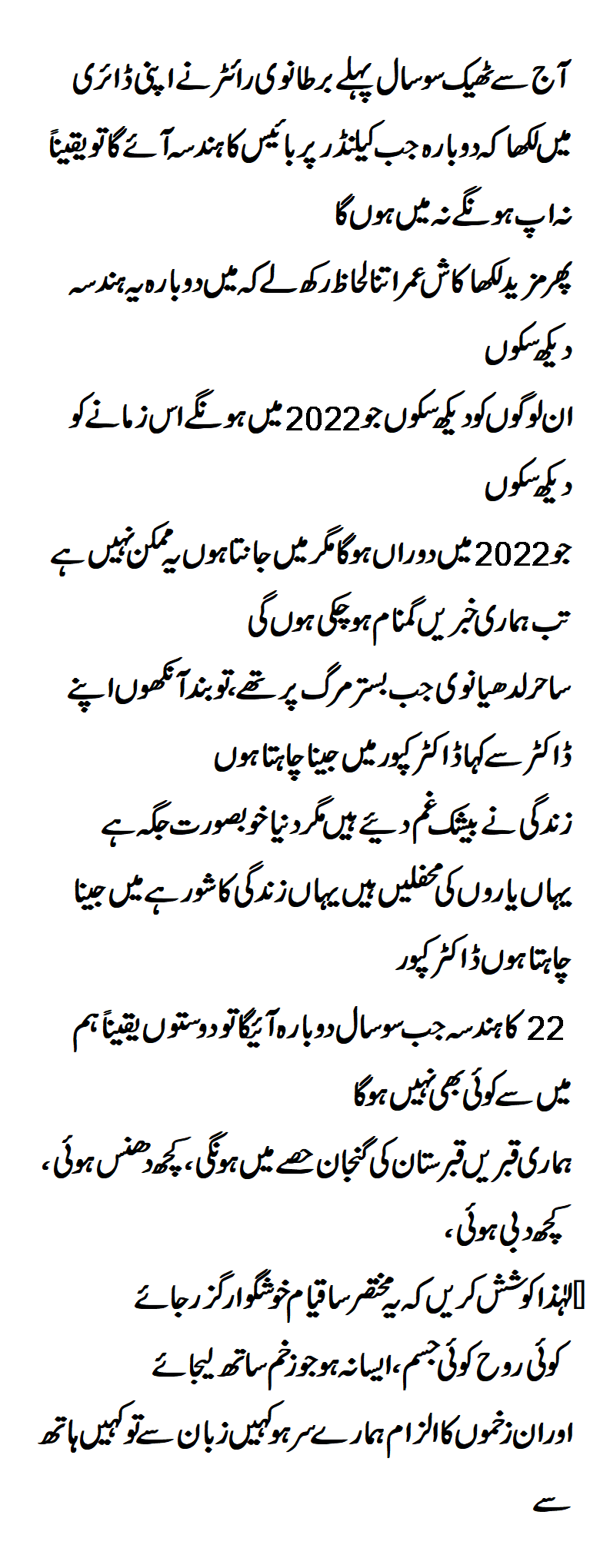The diary by which Pepys is chiefly known was kept between his 27th and 36th years. Written in Thomas Shelton’s system of shorthand, or tachygraphy, with the names in longhand, it extends to 1,250,000 words, filling six quarto volumes in the Pepys Library. It is far more than an ordinary record of its writer’s thoughts and actions; it is a supreme work of art, revealing on every page the capacity for selecting the small, as well as the large, essential that conveys the sense of life; and it is probably, after the Bible and James Boswell’s Life of Samuel Johnson, the best bedside book in the English language.
One can open it on any page and lose oneself in the life of Charles II’s London, and of this vigorous, curious, hardworking, pleasure-loving man. Pepys wanted to find out about everything because he found everything interesting. He never seemed to have a dull moment; he could not, indeed, understand dullness. One of the more comical entries in his diary refers to a country cousin, named Stankes, who came to stay with him in London. Pepys had been looking forward to showing him the sights of the town—
But Lord! what a stir Stankes makes, with his being crowded in the streets, and wearied in walking in London, and would not be wooed by my wife and Ashwell to go to a play, nor to White Hall, or to see the lions, though he was carried in a coach. I never could have thought there had been upon earth a man so little curious in the world as he is.
Pepys possessed the journalist’s gift of summing up a scene or person in a few brilliant, arresting words. He makes us see what he sees in a flash: his Aunt James, “a poor, religious, well-meaning, good soul, talking of nothing but God Almighty, and that with so much innocence that mightily pleased me”; and his sister Pall, “a pretty, good-bodied woman and not over thick,
as I thought she would have been, but full of freckles and not handsome in the face.” He could describe with wonderful vividness a great scene: as, for example, the day General George Monck’s soldiers unexpectedly marched into a sullen City and proclaimed there should be a free Parliament—“And Bow bells and all the bells in all the churches as we went home were a-ringing

it was past imagination, both the greatness and suddenness of it.” He described, too, the Restoration and coronation; the horrors of the Plague; and the Fire of London, writing down his account—so strong was the artist in him—even as his home and its treasures were being threatened with destruction: